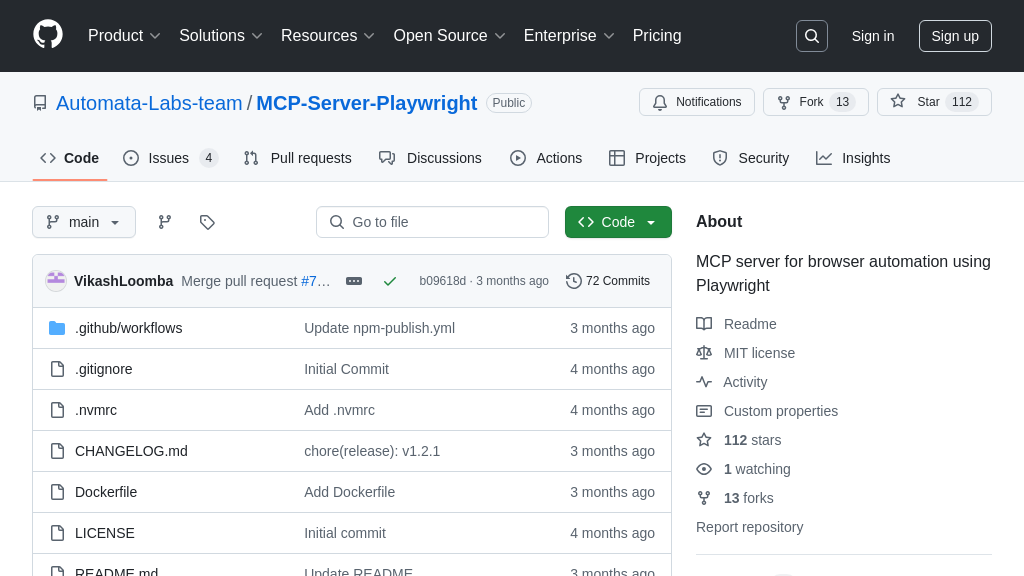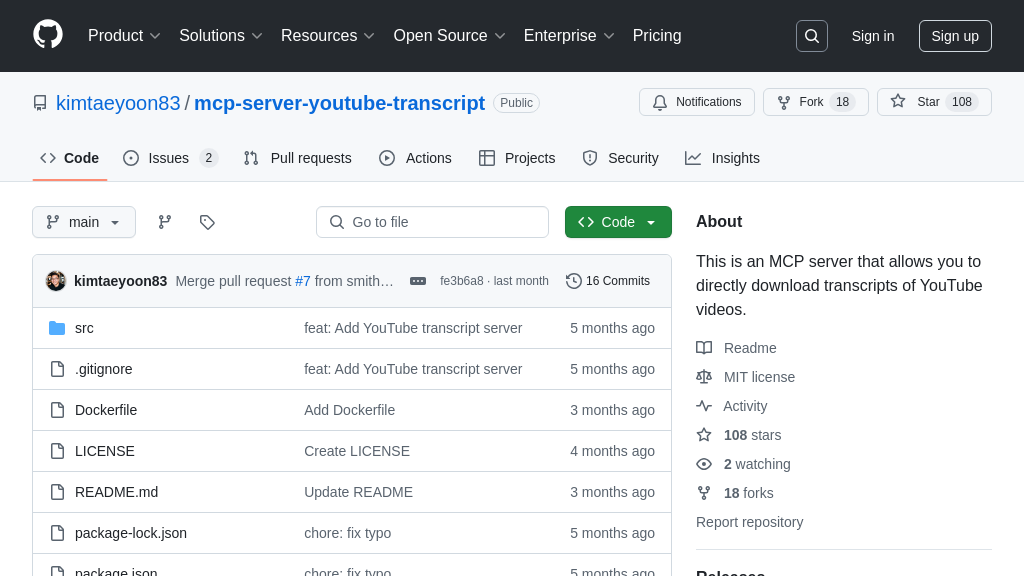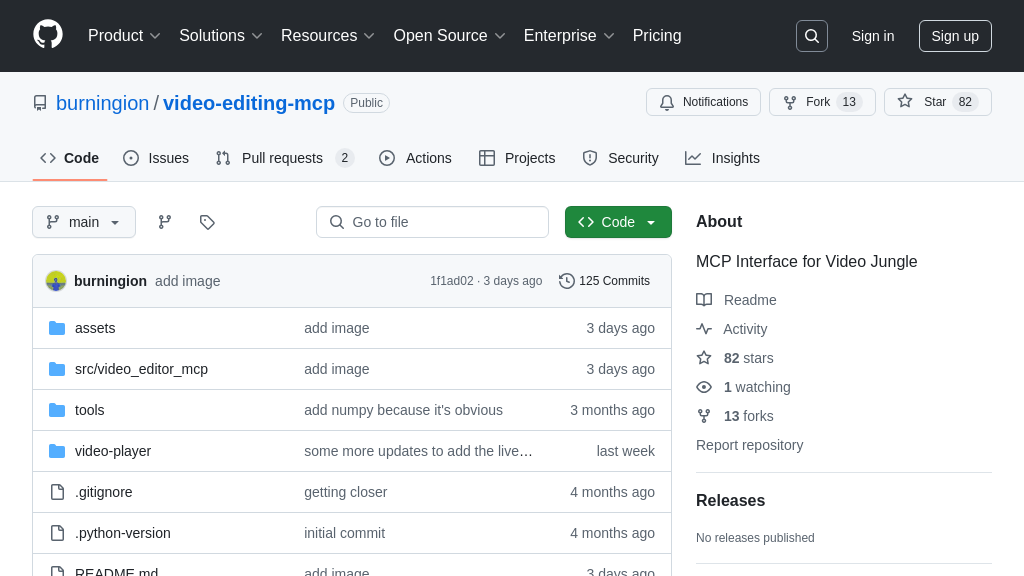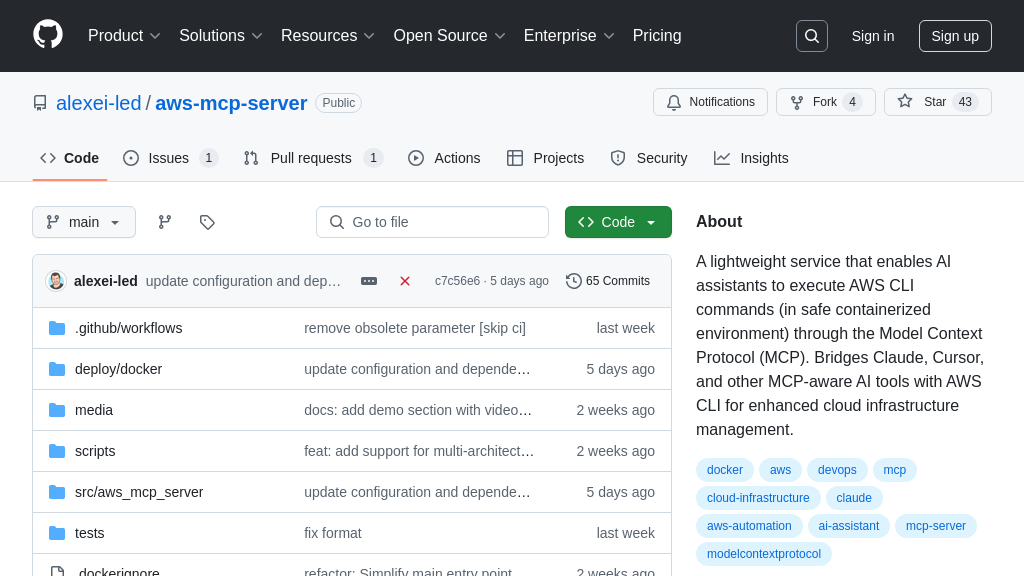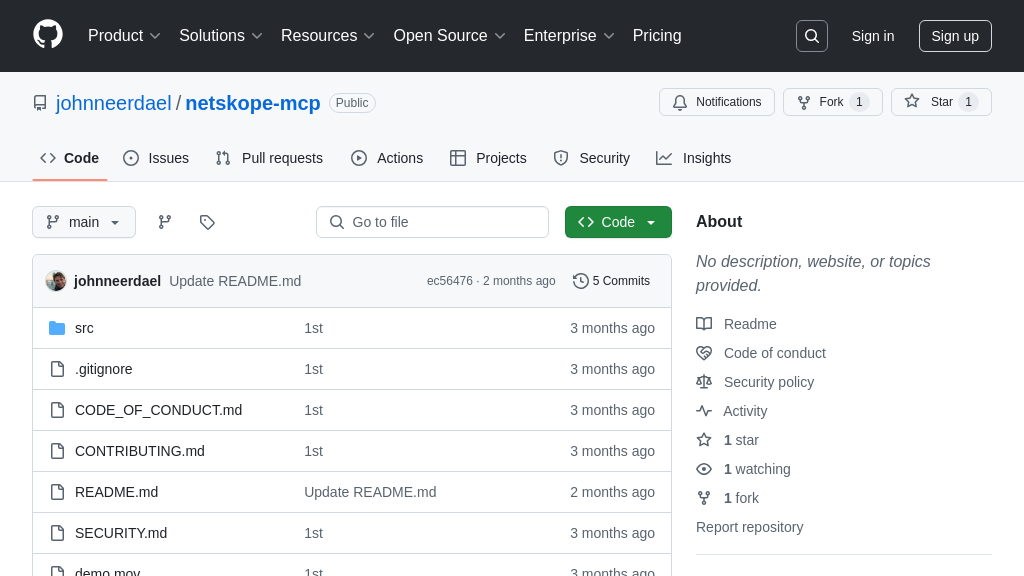mcp-installer
The mcp-installer: An MCP server that simplifies the installation of other MCP servers via Claude.
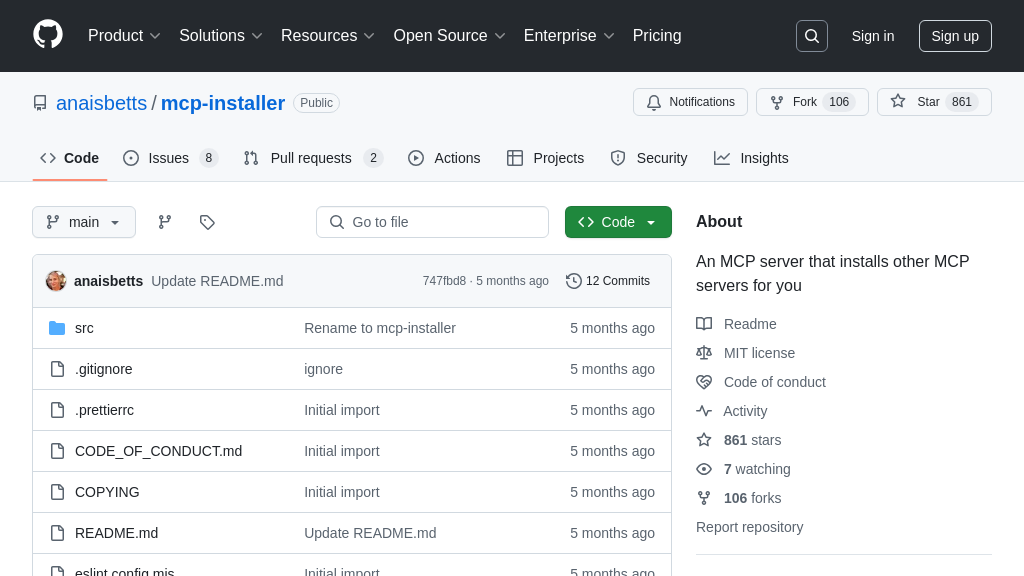
mcp-installer Solution Overview
mcp-installer is a specialized MCP server designed to streamline the installation of other MCP servers. It empowers developers to easily integrate new functionalities into their AI models by automating the setup of MCP servers hosted on platforms like npm and PyPi. Leveraging npx and uv for Node.js and Python server installations respectively, mcp-installer simplifies the process of expanding an AI model's capabilities.
By adding a simple configuration to the claude_desktop_config.json file, developers can instruct Claude to install MCP servers using natural language prompts. This eliminates manual installation steps, reduces complexity, and accelerates the development workflow. The core value lies in its ability to enhance AI model functionality through effortless integration of diverse MCP servers, allowing developers to focus on innovation rather than infrastructure.
mcp-installer Key Capabilities
Automated MCP Server Installation
The mcp-installer streamlines the process of setting up and integrating new MCP servers within the MCP ecosystem. It allows users to install MCP servers directly from package managers like npm (Node.js) and PyPi (Python) or even from local file paths, using natural language instructions to Claude. This eliminates the need for manual downloading, configuration, and integration steps, significantly reducing the time and effort required to extend the capabilities of AI models with new data sources or functionalities. The installer handles the underlying complexities of package management and dependency resolution, ensuring a smooth and error-free installation experience.
For example, a developer can instruct Claude to "Install the MCP server named mcp-server-fetch" to quickly add a server capable of fetching data from external APIs. This simplifies the process of connecting an AI model to real-time information sources, enabling more dynamic and context-aware interactions. The mcp-installer relies on npx for Node.js packages and uv for Python packages, ensuring compatibility and leveraging existing package management infrastructure.
Simplified Configuration Management
mcp-installer simplifies the configuration of newly installed MCP servers by allowing users to specify arguments and environment variables during the installation process. This feature is crucial for customizing the behavior of MCP servers to suit specific use cases and environments. Instead of manually editing configuration files after installation, users can define the necessary parameters directly through their interaction with Claude. This reduces the risk of errors and ensures that the server is properly configured from the outset.
For instance, a user might install the @modelcontextprotocol/server-github package and simultaneously set the GITHUB_PERSONAL_ACCESS_TOKEN environment variable to authenticate access to the GitHub API. This eliminates the need to manually configure the access token after installation, streamlining the setup process and improving security. The ability to pass arguments during installation also allows users to specify data sources, API endpoints, or other configuration parameters that are essential for the server's operation.
Dynamic MCP Ecosystem Expansion
The mcp-installer fosters a dynamic and extensible MCP ecosystem by making it easier for developers to create, share, and deploy new MCP servers. By simplifying the installation process, it lowers the barrier to entry for developers who want to contribute to the ecosystem. This encourages innovation and accelerates the development of new MCP servers that can address a wide range of use cases. The ability to install servers from various sources, including package managers and local file paths, provides flexibility and supports different development workflows.
Consider a scenario where a developer creates a custom MCP server to access a proprietary data source. With mcp-installer, they can easily share this server with other users by publishing it to a package manager or providing a local file path. Other developers can then install the server with a simple command, instantly extending the capabilities of their AI models. This collaborative approach promotes the growth and diversification of the MCP ecosystem, making it more valuable and adaptable to evolving needs.

